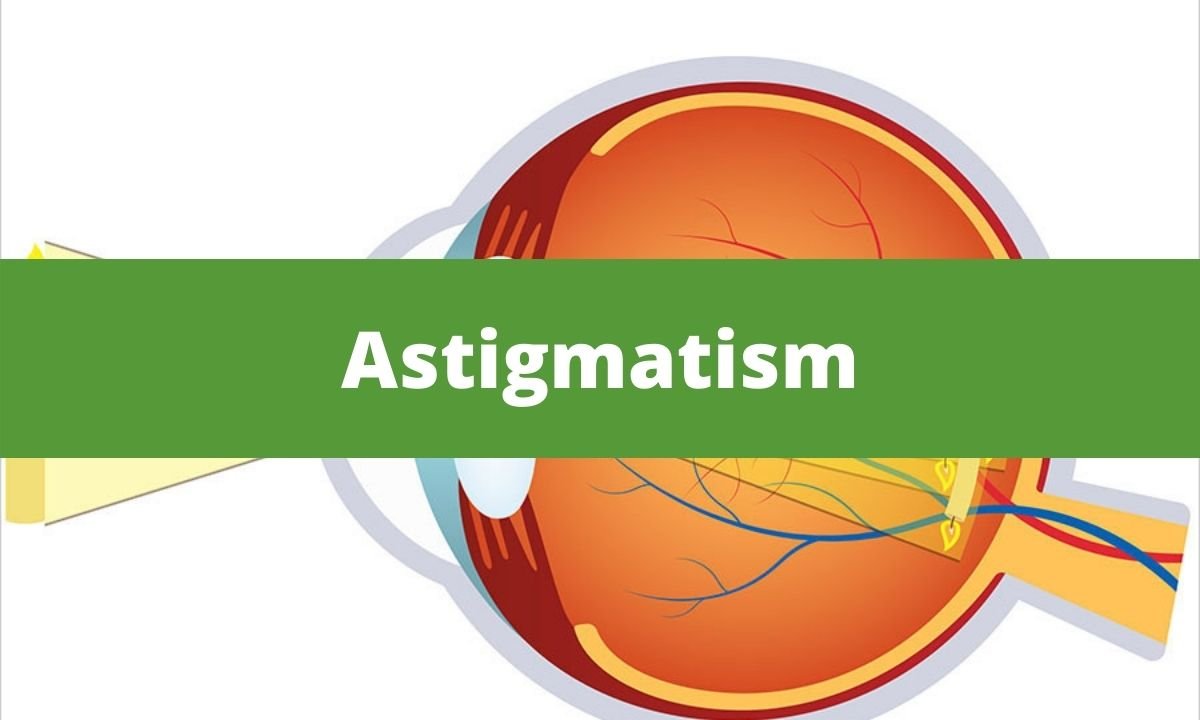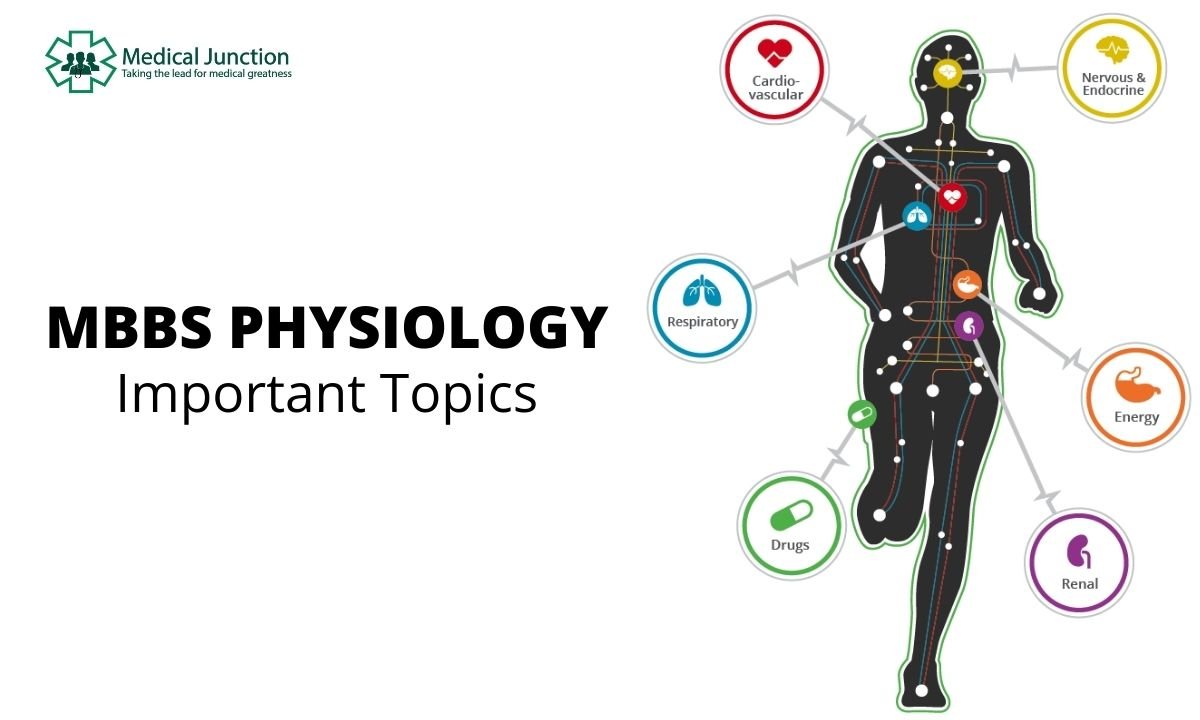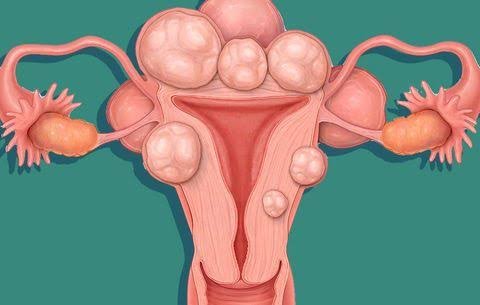TOXOPLASMOSIS DURING PREGNANCY
ETIOLOGY –
Caused by Toxoplasma gondii which is an obligate intracellular protozoan parasite
Cat is the definitive host
Maternal infection is acquired by eating under cooked meat
CONGENITAL TRANSMISSION –
Risk of transmission increases as the period of gestation progresses that is maximum chances of infection are during the third trimester. Severity of infection decreases with gestational age that is most severe infection during the first trimester.
CLINICAL FEATURES –
In acute infection patient is usually asymptomatic.
Sometimes may present with posterior cervical lymphadenopathy which are non tender, discrete and firm.
Fever, fatigue and maculopapular rash are other accompanying symptoms.
A triad is also there for congenital toxoplasmosis which includes hydrocephalus, intracranial calcification and chorioretinitis.
DIAGNOSIS –
Routine screening of toxoplasma is usually not done.
Gold standard for diagnosis is isolation of toxoplasma in amniotic fluid by PCR and further USG is done for any fetal anomalies. If the fetus is infected by the time, hydrocephalus is seen and counseling for termination is done.
Presence og IgM antibody in neonate indicates congenital infection.
MANAGEMENT-
If found to have congenital infection treatment with pyrimethamine should be continued until the baby is 1 year of age.
However DOC for toxoplasma during pregnancy is Spiramycin 1 gm 8 hourly without food. Spiramycin reduces the risk of congenital infection during pregnancy.
Women less than 18 weeks of gestation at diagnosis are offered spiramycin with follow up of PCR.
Women more than 18 weeks of gestation are given pyrimethamine-sulfadiazine plus folinic acid until results from PCR are available.
The rationale for using these medication at this gestational age reduces the risk of congenital malformation.
Pyrimethamine is a folic acid antagonist which can cause dose related bone marrow suppression with anemia, leukopenia and thrombocytopenia. Complete blood counts and platelet counts should be performed twice weekly.
Prenatal care is routine, exclusive of diagnostic and treatment issues. Congenital toxoplasmosis does not affect the time of delivery and route of delivery.
Raw and uncooked meat should however be avoided during pregnancy other than that there is no preventive measure to be taken.
Differential diagnosis –
Include Epstein barr virus infection, CMV infection, HIV infection, Zika virus, Sarcoidosis and lymphoma.
Sources: Uptodate and Sakshi Arora
Written by: Dr Divya Ranasaria





